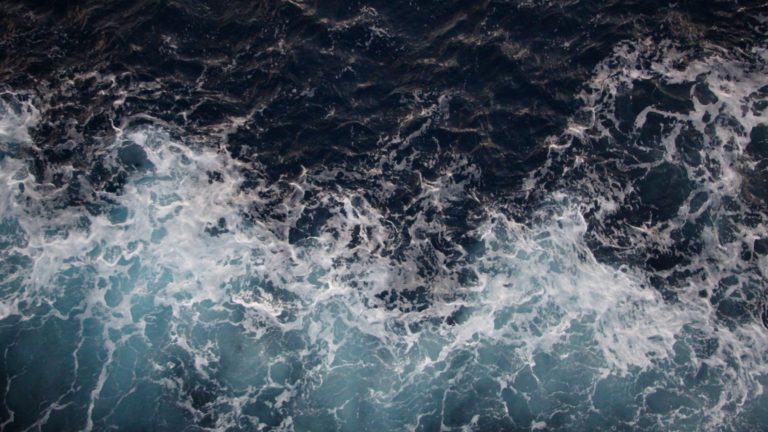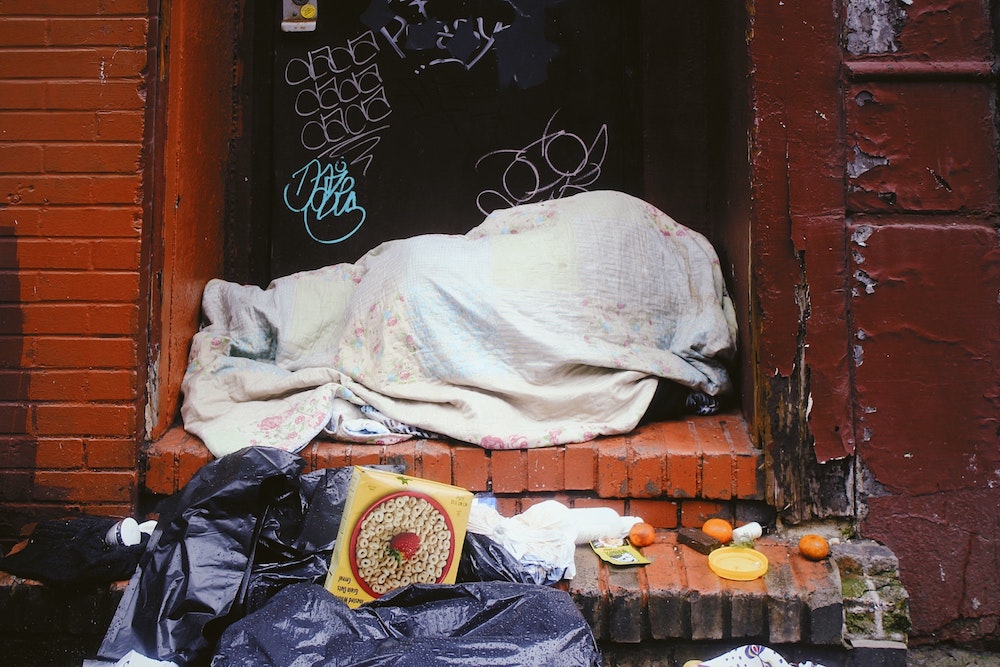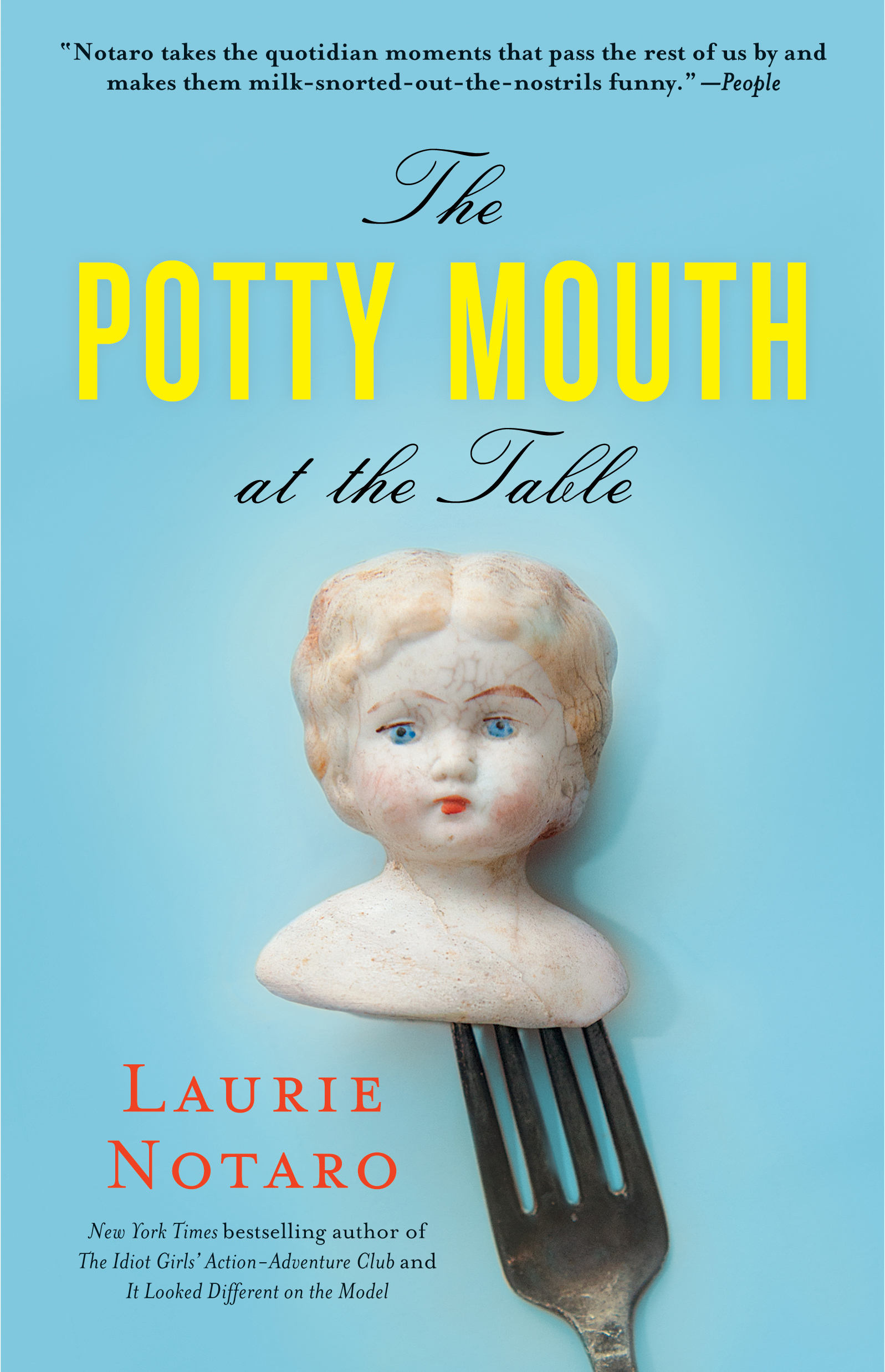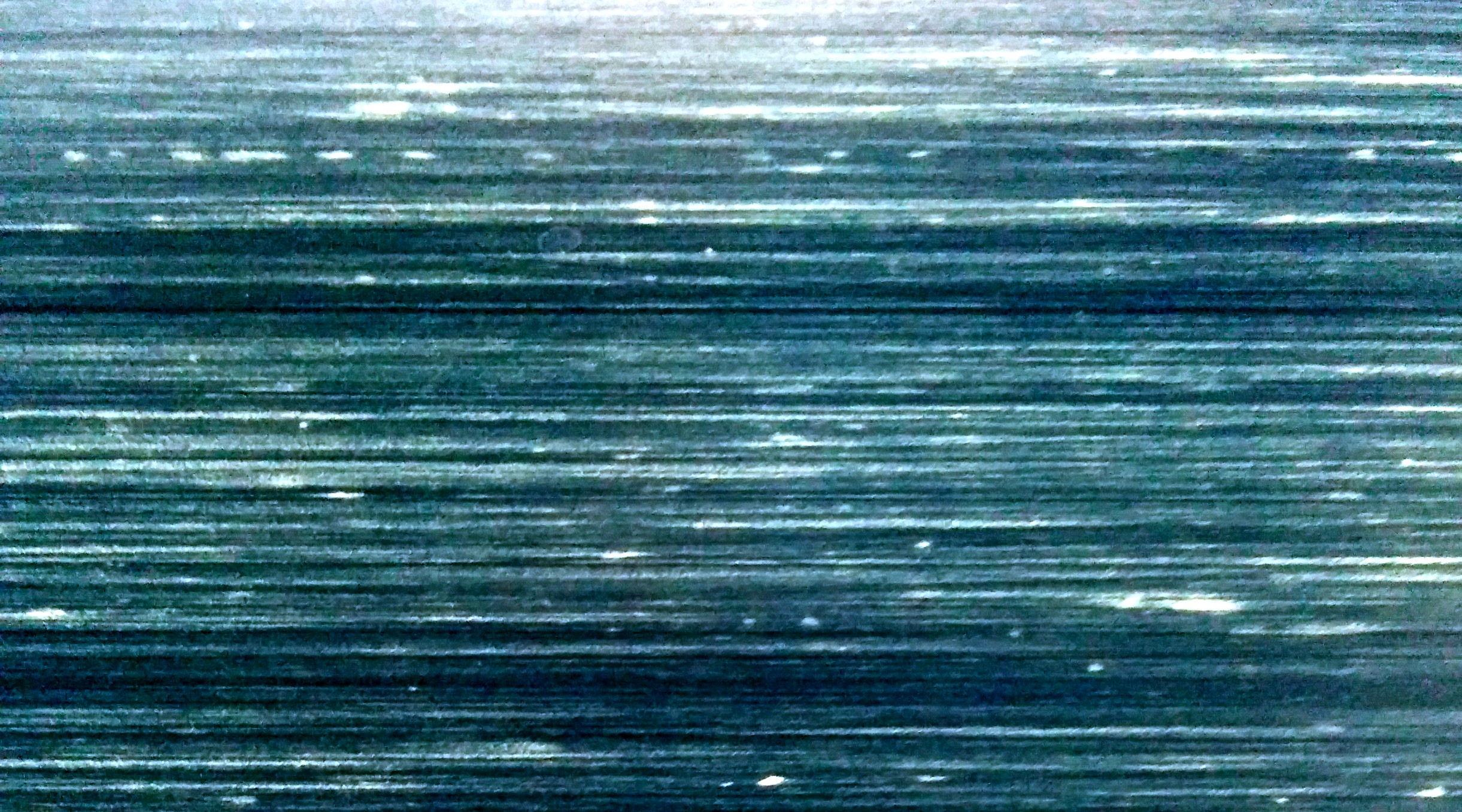This story opens with a film still: New York (January 2002). I am born a myth, a genesis of rain. My mother shivers on a hospital bed by candlelight, thunder through the open window limning her body into a song. Beside her, my father clasps her hand, prays for the mercy of a clean exit. I arrive small and skin-hungry. Mouth gorgeously red, arced into a sickle moon. The two of them hold me to their chests. Listen. I hear the lonely nocturne of their hearts, waltzing in Mandarin. This country opens its toothless mouth, spits out a bullet, a bloody hallelujah.
[]
America, 美国, is a land of ghosts. I martyr my tongue to a slaughterhouse. Bury it among the shrapnel of a corroded language. History eludes us, a saltless wind bristling through the body. What is left of the ginkgo tree and the yogurt stand, the night market and the boy who ran through it? Is a thing still real if it is touched only in memory? Creation and immolation sit under the same patch of dirt. How much of our lives do we forget in translation?
[]
A litany of facts. (1) Color theory says the color blue is closely associated with feelings of melancholy and sorrow. (2) Up to 60 percent of the adult human body is water. (3) Immigrants will sometimes cross immense bodies of water, putting their lives at risk, to reach calmer shores. From all this, we can infer that the body exists in a perpetual state of blue (seasickness).
[]
My mother comes to this country with a fist of pennies and a misplaced dream. She christens herself 常, from Chang, becomes an animal for spectating eyes. The men at her workplace talk to her like they would to a dog or a small child. She learns to become fluent in the language of silence, which is also the language of surrender.
At the dawn of this American violence, my mother rubs the light from her eyes, learns yellow has the same root as gold and yell. Gold, as in the glistening of her skin, as in a field of wheat under summer sun. Yell, as in to cry out, as in the fear nesting in the chamber of her heart. From her mouth, a family of flightless bluebirds.
[]
When I am young, I sit in the bathtub while my mother hums Chinese pop songs. Fingers pruned with lemon sage soap, she traces the almond curve of my eyelid, the baby fat of my cheek. 漂亮宝贝, she sings in a voice distant as the Beijing apartment of her youth. My beautiful boy.
[]
From Siddhartha: The opposite of every truth is just as true. It must be true, then, that for every person who finds you beautiful, there exists someone who finds you repulsive.
[]
Summer before high school, boarding camp in Michigan. A counselor asks, Why are you so shy, why do you hide in your room all day, why are you so unfriendly to the other kids? Why, why, why?
I do not know how to tell her, Their faces are different from mine. They ignore me because they see me. So I say nothing, and the counselor looks at me as if searching for mistakes.
[]
One of my earliest memories involves me almost drowning. My father takes me to the community pool, removes his palm from the underside of my back until I am suspended in blue. Around us, families lounge on the deck, ice cream sticking to their pale fingers like Velcro. I gasp for air. A white boy cannonballs into the pool. My limbs flail towards the surface. I feel my father’s arms curl around the softness of my stomach. The July afternoon unfurls with the cadence of his voice, I got you, 宝贝, tucked bittersweetly in my ear.
[]
So much of this world is blue. Sea glass, morpho butterflies, a painting of a man in a turquoise suit, admired by thousands in a museum in Cardiff. My heart, too, is a blue creature. It knows the wild geometry of longing, the shapes lodged crookedly in my raw throat.
[]
For weeks, I have the same recurring dream. In it, my father and I float in the middle of the Pacific. A boat cruises nearby. On its dock, a haze of white bodies chafes red under the August sun. They notice neither my father nor me–their eyes covered by sunglasses, magazines spread over spray-tanned thighs.
My father treads smoothly, the muscled architecture of his legs gliding in breaststroke. He stares at the boat, pretends not to notice my limbs thrashing under the surface, lungs swallowing brine. Look, 宝贝, my father says, at this glorious American water. He takes the chlorinated liquid, spreads it over our faces, evoking a baptism.
[]
In nature, blue is one of the deadliest colors. Blue-ringed octopuses, poison dart frogs, wolfsbane. If we contemplate their blueness–physically indulge in it–their venom would be enough to kill us. A beauty existing only for spectacle, to be admired from a distance.
In a psychology experiment, children are given a blue-eyed doll and a brown-eyed doll, and told to pick which one is prettier. Near unanimously, they choose the plastic, blue-eyed creature. In fourth grade, a classmate asks me if I can see things clearly with eyes so small. That night, I dream of irises with the hue of oceans that sailors drown in. Eyelids sticky in a double crease like blobs of soymilk tea. I imagine myself inhabiting a beauty I cannot touch, only witness.
[]
On weekends, my mother and I ride the subway into Chinatown, where the fish are splayed out in an endless haze of crates. My mother exchanges notes of Mandarin with a market vendor, points out a snapper amid a sea of white-blue scales and glazed eyes. 新鲜, fresh in season, the vendor says, gripping the snapper’s thrashing body in his fist. He presses a knife to its fin. Blood paints an American flag of its flesh, a precise cut of violence I cannot name.
[]
Memory is a switchblade. Understand that I cannot translate this essay into Mandarin, cannot even recite the characters of my birth name. Understand that the blood on my hands is not my own. At night, I dream of the versions of myself left behind, always fluent in the language of yearning. Somewhere inside me lie the unwound remnants of a shapeless past. Spicy tofu, monsoon rain, a city with a million faces like mine. I want to confess guilt for the lineage I severed like a phantom limb, turn my body into a case study on loss.
[]
I am not sure what I am searching for in the streets of Chinatown, with its neon signs and fermented tea leaves and milk-eyed fish haloed by ice. Once, in the quiet light of dusk, I heard the laughter of children clambering over rooftops, and felt an old and indistinct sadness well up inside me.
Is there a translation for the etymology of my heart, full of foreign words? For the 诗歌, poetry, honeysuckle, fields of 野花, gold? For how we carry on, knowing little of beauty beyond our small attempts to create it?
[]
According to scientists, the heart is over 70 percent water. Which is to say, the color of the heart is blue. Of course, I think, the heart has always been a muscle of longing.
Is there a word for my body and its surrender to sadness? Can language be a kind of ruin?
[]
On her first days in America for graduate school, my mother eats only fruit that her mother smuggled in her suitcase, too timid to use the cafeteria. Now, in the wild blue of springtime, I arrive home to bowls of fruit she slices from a small garden in the yard. Mangos, figs, peaches, laid out on the dining table like offerings from a Caravaggio still life. Perhaps survival is a kind of love, and fruit my mother’s way of communicating it. Perhaps there is a hunger inside her that America has not fulfilled.
[]
The years pass by, like fruits molting their summer skins. I sink my teeth into their soft meat, overripe. The transitive property: as the writer ages, do his words age with him? If I sing of the color blue–starflowers, Siberian ice, the rhythm of warm jazz–is its beauty immortalized in these pages? What is the act of committing ourselves to language if not a plea to be heard? If not a reminder to the savage, lonely animals inside us that we are still here?
[]
My father, whose tongue was not baptized by the water of this new country, speaks poor English–the kind that elicits pitiful glances at grocery stores and restaurants. Deep inside him hides the memory of Shanghai, its street dancers and firecrackers and skyscrapers awash in technicolor. As a child, I resented my father for the ruptured communication between us, the archive of unsaid words whose pages I could not open. Now, I want to tell him, 爸爸, I’m sorry. I know. I know that America has hardened him into a husk, that talking to his own son is a painful reminder of what he has lost. When the contrast between my English and his sounds like a broken elegy. When he comes home at midnight, red-eyed and quiet, his co-workers treating him as not a man but a machine. As the leftover fuel of America’s ruinous, mechanical underbelly.
[]
I am a mariner searching for a homeland. A nomad set adrift upon dark waters, with an allegiance to no borders, no country. When they find me, I want them to dislodge the shipwrecked song in my jaw, preserved for the museum’s exhibition. The ending lyric: I have spent a lifetime in shades of blue. My voice a testament to displacement. To the ablution of history.
[]
In one iteration of the dream, my father and I float in the middle of the Pacific, but the boat is nowhere to be found. The salt carries our bodies to a distant land, one free of America and its empire. The sun caresses the weary lines of his skin, resting like forgiveness on my father’s face. In this version, he meets my mother for the first time. In this one, they do not know the language of fear, or bluebirds, or blue-eyed dolls. They see water and don’t think of drowning.
[]
Or maybe there is nothing metaphorical about suffering, just suffering. No enlightenment after grief, only the brutal weight of it. I confess: I am still learning how to write about my parents, my identity, my boyhood, without reducing it all to passing chapters in my premature redemption story.
[]
I once thought that language was a harbinger of loss. A vessel for those possessed with so much longing, it could not be contained in the finite space of their bodies. Say I was wrong. Say we write to document the eroticism of living, not the sadness of it. The distributive law: We feel pain because we are alive. Tenderly, I have chosen to live.
All right, then. Let me become a student of longing. Meditate on its blueness. Swim in its depths until I feel the water exhale from my lungs, until I rise slowly to the surface.




